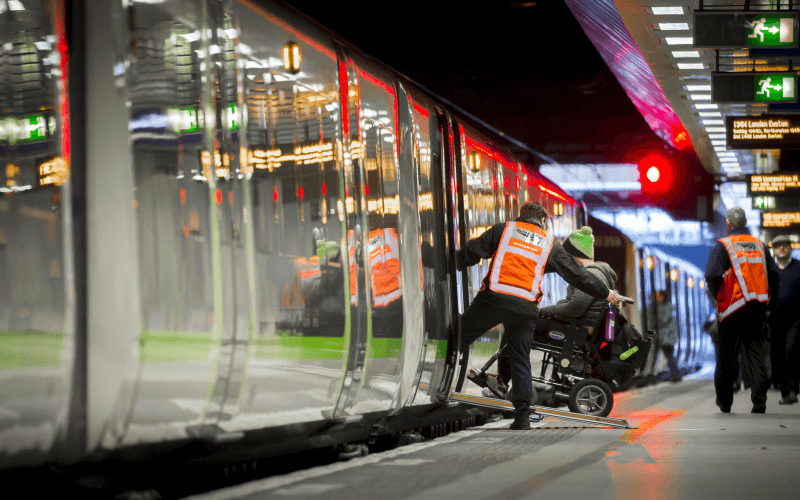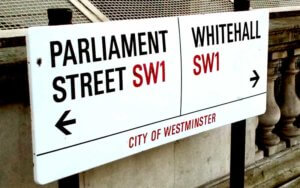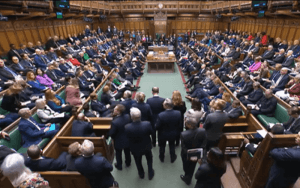Disabled people who experience repeated discrimination on public transport are being offered a camera to record video evidence for possible legal cases.
Legal firm Fry Law, which specialises in disability discrimination cases, is hoping some of the evidence produced can then be used to bring cases under the Equality Act against bus, train and taxi providers.
It plans to pass some of the evidence to the Equality and Human Rights Commission (EHRC), which last month launched a new project to support disabled and older people who have faced discrimination on public and private transport.
The EHRC scheme will offer advice and help in resolving complaints, but it will also provide funding to take legal cases.
Now Fry Law is planning to collect evidence that it can pass to EHRC for possible legal cases by lending miniature cameras to disabled people in England and Wales who have been experiencing discrimination from transport providers.
The cameras have a remote control pad and can be fixed to wheelchairs, scooters and clothing to allow filmed evidence to be collected.
Chris Fry, founder of Fry Law, said he hoped this would help EHRC collate evidence and encourage disabled people to enforce their rights.
He said disability discrimination cases taken against public transport providers can be difficult to prove, while there is also the risk that claimants could have to pay some of the other side’s costs if they lose their case.
The EHRC project, he said, was a “once in a decade opportunity” that should mean that providers are “held to account in a way they currently are not”.
Fry Law has already given cameras to about half a dozen disabled people who frequently face discrimination when using public transport, and is now looking for other disabled people willing to test out one of the cameras*.
Fry said he hoped EHRC would also eventually show the filmed evidence of discrimination to MPs and ministers.
And he said he hoped the cameras would also provide evidence of “really good customer service” by train, taxi and bus providers that could again be passed to EHRC.
He said he hoped the project would help to address some of the everyday discrimination faced by disabled people who “are not getting to work on time, are missing hospital appointments, are missing benefit assessments, and are just having to put up with it because they don’t have the evidence”.
He said: “The commission’s transport project is a really positive step and we ought to be doing everything we can to provide as much evidence and get as many cases forward as we can to demonstrate that these failings are still systematic.
“Filmed evidence seems the best way of doing it.”
*To express interest in the scheme, contact Fry Law
A note from the editor:
Please consider making a voluntary financial contribution to support the work of DNS and allow it to continue producing independent, carefully-researched news stories that focus on the lives and rights of disabled people and their user-led organisations.
Please do not contribute if you cannot afford to do so, and please note that DNS is not a charity. It is run and owned by disabled journalist John Pring and has been from its launch in April 2009.
Thank you for anything you can do to support the work of DNS…

 Government is misrepresenting workplace disability inequality, MPs are told
Government is misrepresenting workplace disability inequality, MPs are told Stammering charity calls on parliament to act on ‘febrile atmosphere’ in debates
Stammering charity calls on parliament to act on ‘febrile atmosphere’ in debates US fitness chain scraps disabled campaigner’s reasonable adjustments… then apologises for the ‘inconvenience’
US fitness chain scraps disabled campaigner’s reasonable adjustments… then apologises for the ‘inconvenience’